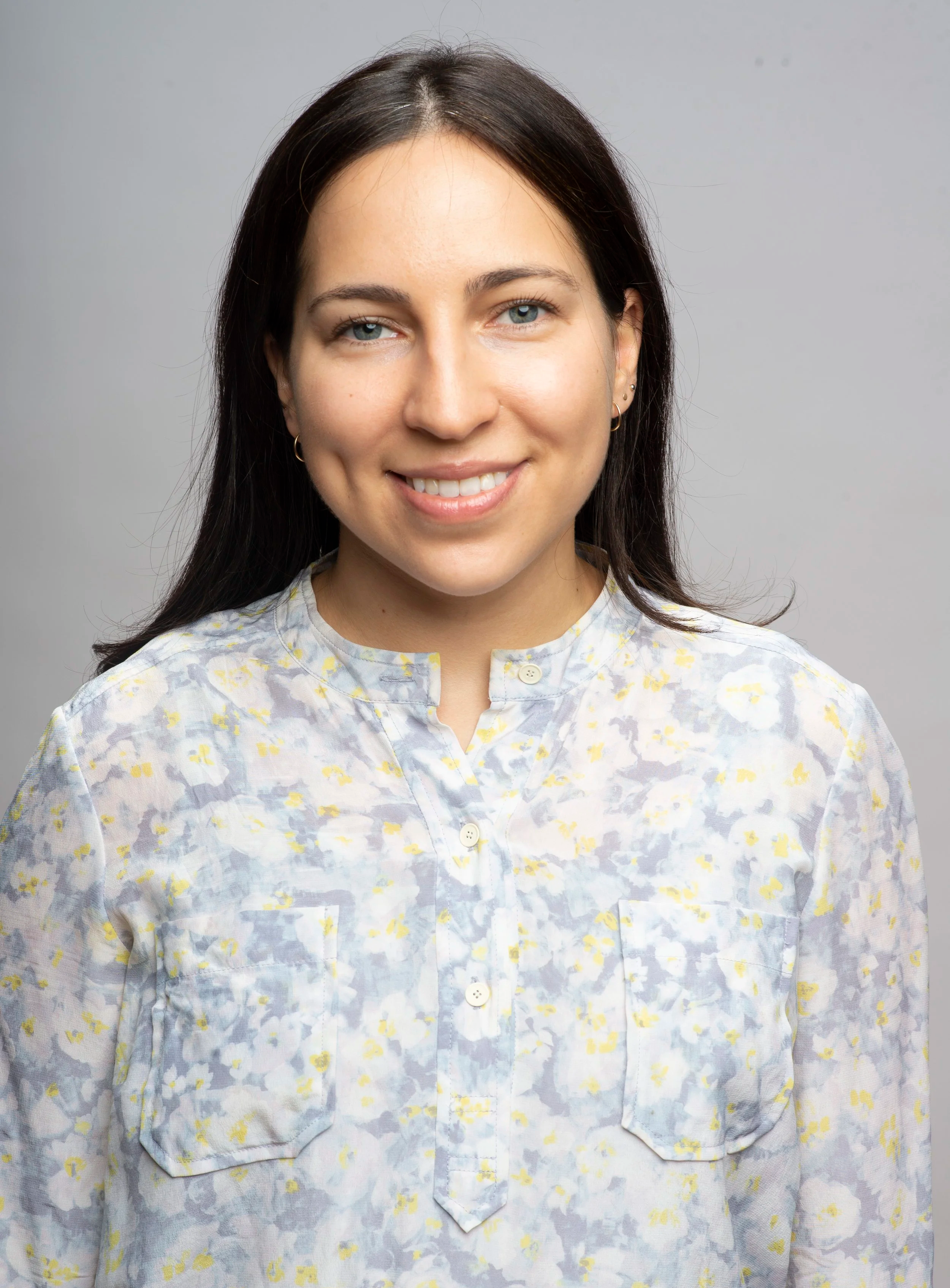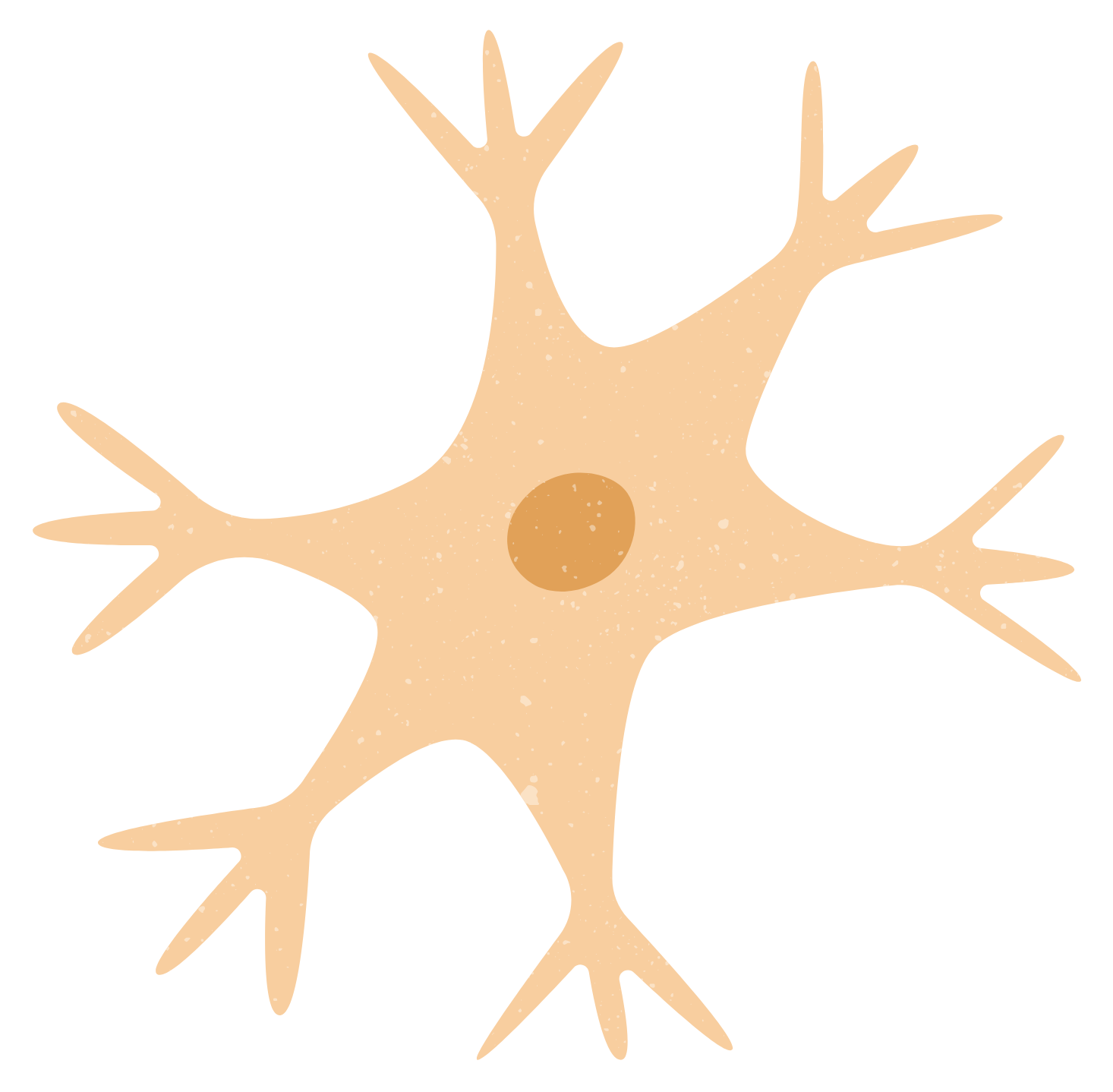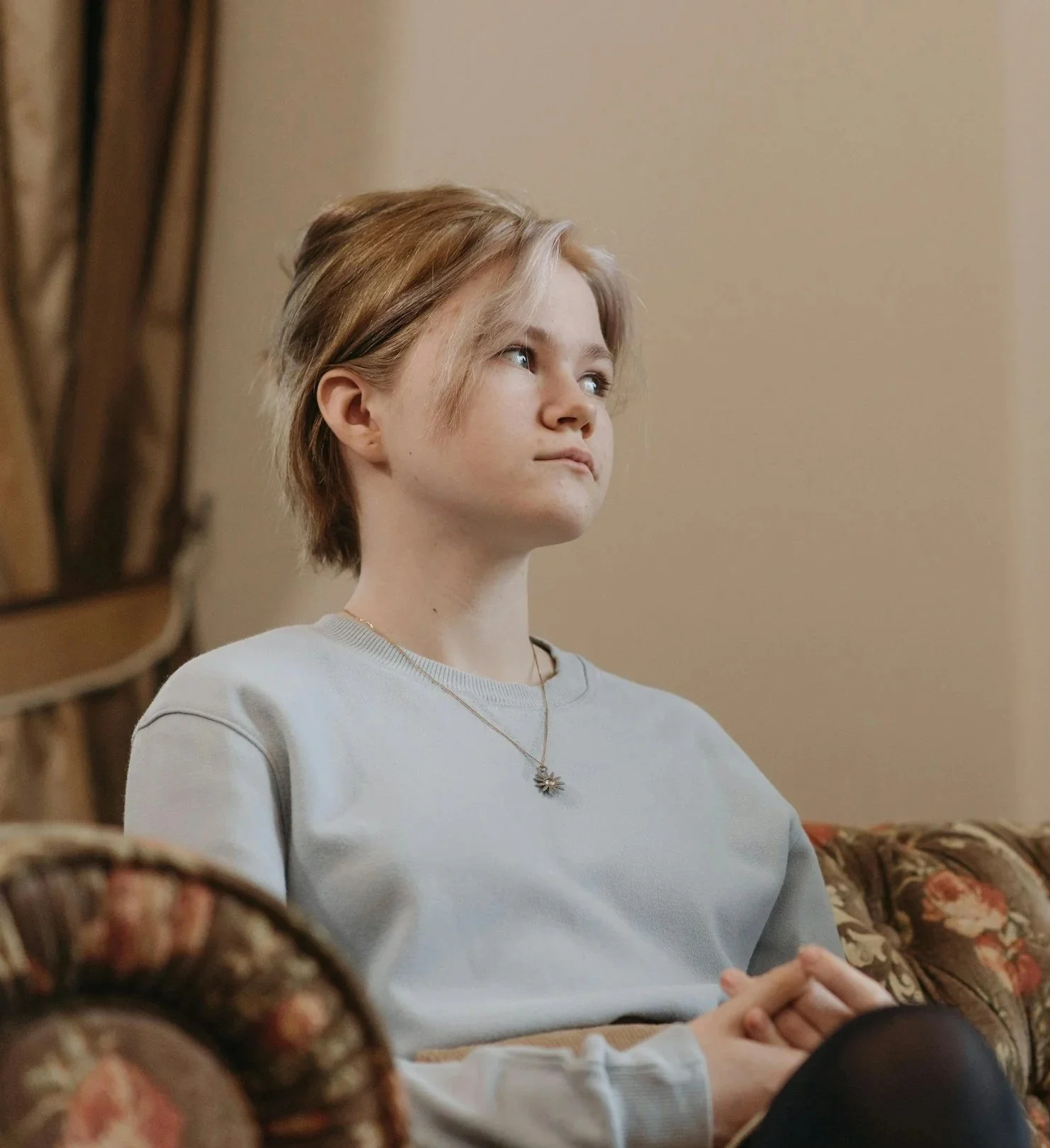Hi there, I’m Dr. Audrey Kucer.
I'm a clinical psychologist practicing in New York, Florida, & Ohio. I believe we are all biologically wired to connect and I work to help adolescents, young adults, and parents pursuing this fundamental human endeavor. For neurodiverse families especially, deepening relationships and navigating academic and occupational landscapes requires close attention to each individual’s unique neurocognitive profiles.
Here are the three main pillars of my approach:
Early childhood attachment patterns shape how we relate to others, but they're not set in stone. Understanding these patterns creates opportunities for growth across relationships with friends, family, and romantic partners, work that extends into workplace dynamics, academic settings, and self-care practices.
Attachment Patterns
Societies thrive on contributions from a diverse set of neurocognitive profiles. By learning an individual's neurocognitive makeup, fostering self-awareness, and tailoring environments, we create equitable pathways to connection and success.
Neurodiversity
Emerging adulthood is one of life's most pivotal transitions. Whether it's in the distance, approaching fast, or already underway, preparing for and navigating this period of identity formation, independence, and relationship-building requires intentional support.
Emerging Adulthood
Services
I meet individually with adolescents and young adults navigating mood disorders, anxiety, trauma, ADHD, autism spectrum disorder, learning disabilities, and OCD. My approach is integrative, drawing from interventions with strong empirical support: Mentalization-Based Treatment (MBT), attachment-based interventions, Brief Relational Therapy (BRT), Dialectical Behavior Therapy (DBT), Cognitive Behavioral Therapy (CBT), Exposure and Response Prevention (ERP), and Acceptance and Commitment Therapy (ACT). Treatment is practical and flexibly shifts based on evolving needs.
Executive Functioning Support
For individuals with ADHD, ASD, and other learning and developmental differences, I assess neurocognitive profiles and provide support developing organizational, time management, and planning skills, with an emphasis on fostering self-understanding and appreciation for how your unique brain works. I take a hands-on approach across each environment (e.g., home, school, college, job) to ensure appropriate accommodations and supports are in place, fostering equitable opportunities for learning and professional growth.
Parent Guidance
Parenting anxious, neurodivergent, or traumatized children can feel overwhelming, and in some cases, helping children and building stronger parent-child relationships is more effectively accomplished by working primarily with parents. I offer guidance and support to help parents develop practical strategies while cultivating self-compassion and a deeper understanding of their family dynamics. This work draws heavily on SPACE (Supportive Parenting for Anxious Childhood Emotions) and mentalization- and attachment-based approaches for parents.
What are all these treatments and acronyms?
Research assessing which psychotherapies work requires highly operationalized therapy protocols so they can be delivered uniformly to all research participants. They have specific names and can be found to help with very specific issues or a broad range of issues, depending on what the research reveals. The real world is much more dynamic than a research study and requires a more flexible approach. This is why having a range of evidence-based treatments is useful. Additionally, there is a strong research base suggesting that no matter what you're doing in therapy, the strength of the relationship you develop is ultimately what is most healing. For these reasons, it is very challenging to map psychotherapy directly onto the medical model of treatment. Here's what the treatment acronyms mean:
-
Therapeutic approaches grounded in an understanding of how early early relationship patterns influence current relationships and emotional well-being. These interventions emulate the core ingredients of a secure attachment, such as consistency, attunement, and responsiveness, to help develop healthier relationship patterns.
-
A treatment that helps people strengthen their capacity to reflect the thoughts, feelings and intentions underlying their own and others’ behavior, especially when emotions run high. It focuses on recognizing when this capacity breaks down under emotional stress and developing the ability to pause, reflect, and respond more effectively in relationships.
-
A treatment that focuses on identifying and repairing ruptures in the therapeutic relationship as a model for improving relationships outside of therapy. It emphasizes understanding repetitive relational patterns and learning new ways of connecting with others.
-
A parent-based treatment for childhood anxiety and OCD where parents (not children) attend therapy sessions. It focuses on reducing parental accommodation of anxiety while increasing supportive responses, helping children build confidence in managing their own distress.
-
A "third wave" cognitive-behavioral approach that focuses on changing your relationship to difficult thoughts and feelings rather than trying to eliminate or change them. It emphasizes accepting uncomfortable internal experiences and committing to actions aligned with personal values to build a meaningful life even in the presence of emotional pain.
-
A skills-based treatment that teaches practical, concrete strategies for managing overwhelming emotions and navigating interpersonal challenges. It offers digestible, step-by-step tools that people can apply in their daily lives to reduce self-destructive behaviors and build more effective ways of coping and connecting with others.
-
A structured, present-focused treatment that examines how thoughts, feelings, and behaviors influence each other. It focuses on identifying and changing unhelpful thinking patterns and developing more effective coping strategies.
-
A treatment for OCD and specific anxiety disorders that involves gradually facing feared situations while resisting the urge to perform compulsive behaviors or avoidance. Through repeated practice, anxiety naturally decreases without relying on rituals or safety behaviors.
More about me
As a psychotherapist, it is a privilege to be invited into the intimate worlds of young people and their families. My approach is intentionally integrative, pulling from various evidenced-based psychodynamic and cognitive behavioral treatments as needed. Additionally, my foundational clinical training in attachment research and relational psychoanalysis at The New School colors all aspects of my work. This lens sees mental wellness through our fundamental human need for meaningful relationships. The therapy space provides a unique opportunity for experiential learning, where individuals can discover new ways to connect and relate.
I treat individuals with mood disorders, anxiety, trauma, ADHD, ASD, learning disabilities, and OCD. I work with neurodiverse individuals as a psychotherapist and as an executive functioning coach, depending on the need. Having previously conducted neuropsychological evaluations, I am highly attentive to nuances in cognitive profiles and how they influence behavior. For each child, I work closely with parents, teachers, and other providers involved in care, and actively participate and advocate in the IEP process when needed. The therapeutic context is an invaluable space to foster self-understanding, appreciation and respect for how your brain works, as well as unique ways to meet academic, social and emotional goals. This work also requires making space for parents to develop self-compassion and a deeper understanding of their experience in their relationship with their child. Guiding children through stages of life in a world that wasn’t quite designed for them can be stressful and shame-inducing. Parents need practical strategies and skills to support their children’s success, and at the same time, a deep awareness and compassion for their own experiences is an important and sometimes overlooked foundation.
I'm a big believer in the power of creative outlets, whether through art, movement, or play, and in incorporating them into the therapeutic space. These forms of expression offer nonverbal pathways to self-discovery and emotional processing. This is especially true for children, whose language of emotional expression is play. Dance has been my personal source of release and expression since childhood. In a culture loaded with academic pressures, prioritizing and protecting intrinsically rewarding artistic endeavors has therapeutic benefits and is a rich source of self-esteem.
In addition to privileging artistic and creative expression, my therapeutic approach is also very much research driven. I have had the opportunity to conduct and contribute to psychotherapy research evaluating attachment- and mentalization-based interventions focused on enhancing parent-child relationships and child development. The process of conducting research in a team mirrors my approach to working with children and their families. Both involve collaboratively testing a series of hypotheses, and then evaluating and revising them in a way that privileges parents’ expert knowledge of their children.
FAQs
-
I am currently providing services virtually to individuals residing in New York state, Florida, or Ohio. I use a secure, HIPAA-compliant video platform.
-
My rates vary by appointment type. Please contact me to discuss my rates for the type of support you need. I reserve a portion of time slots for clients who need a sliding scale for financial reasons.
-
I am not in-network with any insurance providers. I provide superbills on a monthly basis that can be submitted directly to your insurance provider for reimbursement. I can check your insurance plan’s out-of-network benefits for psychotherapy. I also recommend you call them directly to double check.
-
I require at least 24 hours notice of session cancelations to avoid being charged for the session. I will be as flexible as possible with rescheduling the session within the same week to avoid cancelation charges.
-
The first session will be an hour long intake appointment. You will receive initial documents to review and sign prior to the appointment. This session will explore current and past challenges and goals for treatment. We will also make sure you feel well informed about all logistics and the treatment process.
-
After the first session, I will make a recommendation about the type, frequency, and duration of treatment, as well as any other supports or resources that will help you reach your goals. With your input, we'll reach an agreed-upon treatment plan and begin scheduling accordingly.
Contact
Ready to connect? Share a bit about yourself below, and I’ll be in touch soon. I look forward to learning more about you and how we can work together.






